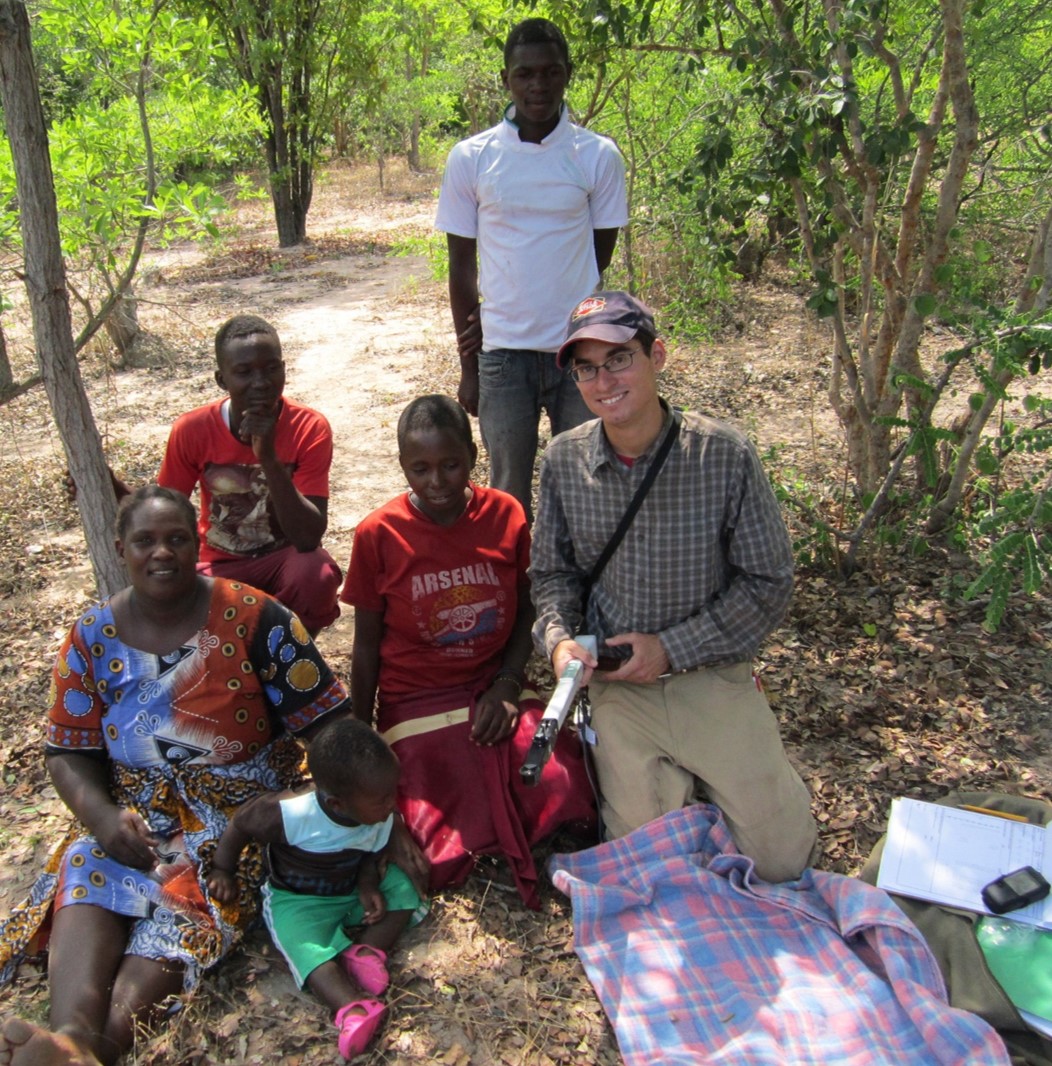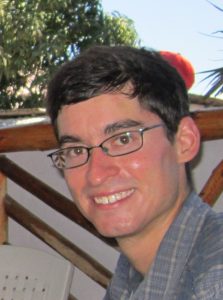Marc is a self-described “humanistic remote sensing biogeochemist.” He studies how climate and land cover changes affect ecosystem carbon, water and nutrient cycles at landscape scales, and subsequent impacts for the availability of natural resources people need, such as water and wood-derived energy. As part of this work, Marc develops and improves upon methods of scaling field data on land cover, vegetation structure and function to remotely sensed data, including data from satellites and UAVs (drones). Marc has been involved with paleoclimate, limnology, forestry and soil biogeochemistry fieldwork on land and large lakes in east and southern Africa (Tanzania, Uganda, Kenya, Zambia) since 2007. He is committed to a career that involves building scientific capacity in southern Africa and other developing communities worldwide, and connecting ecosystem science to conservation-development needs. Marc recently completed his PhD in the Brown Geological Sciences-Marine Biological Lab Joint Program, with a thesis addressing biogeochemistry and satellite monitoring of regrowing Miombo Woodlands in western Tanzania. He joined theCaylor Lab in September 2016 as a Nature Conservancy NatureNet Science Postdoctoral Fellow, working with Dr. Anne Trainor, who works with TNC’s Africa Program, and within the Caylorverse, Kelly, Lyndon and colleagues at Princeton (Dan Rubenstein) on projects in Zambia and Kenya. Marc is based between Princeton Environment Institute and the Earth Research Institute at UC-Santa Barbara. Off the clock, Marc is a triathlete, kayaker, cross-country skier and general lover of the outdoors. Marc is also a musician, a pianist and saxophonist who has a record as an instigator and long-time participant of the (in) famous largest all-saxophone ensemble in New England, The Saxyderms. If you are feeling brave and have never heard Bach or Mendelssohn on saxophone…just ask!

